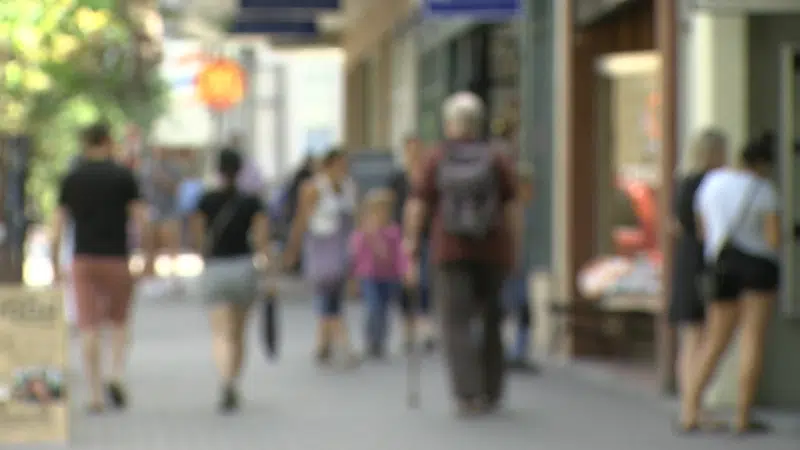
YOU’RE NOT ALONE: Who is dying by suicide?
KAMLOOPS — In You’re Not Alone, we’re shining a light on a dark topic — suicide. It’s not an easy word to say, and it’s certainly not easy to talk about. But it’s behind thousands of deaths in our community, province, country, and around the world. An average of 565 people die by suicide each year in B.C. In 2017, Interior Health had the second-highest rate of suicide deaths. It’s an uncomfortable subject, and some of the stories will be difficult to hear. But it’s important. In the first installment, we speak to those with professional and personal experience, and look at who is dying by suicide.
Heather Grieve has worked in the mental health field for more than 20 years.
Every day, she works with people who are suicidal or dealing with severe mental health issues.





